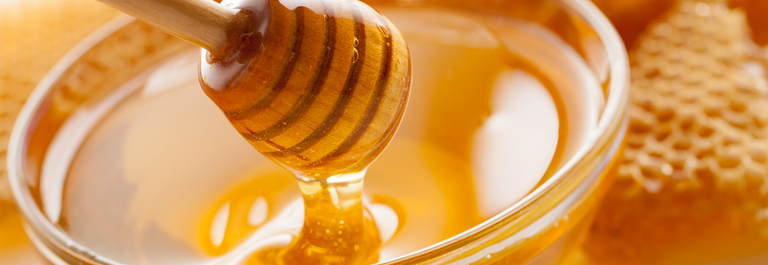Is there anything manuka honey can’t do? If you suffer from eczema, psoriasis, acne or another skin condition, you may have heard of the power of manuka honey. It’s soothing, ultra-hydrating, and natural, making it a great choice for dealing with itchy, dry, and irritated symptoms.
But did you know you can also use manuka honey for wound healing? Read on to discover the benefits of using manuka honey for open wounds.
How Does Honey Help the Skin?
Honey is a natural healing agent that benefits the skin in so many ways. In fact, humans have actually been using honey to find soothing relief to dermal problems for centuries. This sweet and sticky substance is extremely moisturizing which helps it combat dry, flaky, and scaly symptoms of conditions like eczema and psoriasis.
The moisturizing effects of honey also help give your skin a natural glow so if you’re looking for a complexion boost, give Manuka honey a try.
In addition, because it is full of antioxidants, honey helps prevent or reduce wrinkles. Honey is naturally antibacterial which helps it treat and prevent acne.
Lastly, honey is helpful in healing wounds and soothing burns. Experts believe that because Manuka honey has added antibacterial and healing properties, it can help boost the wound healing process and aid in a speedy recovery.
What is Manuka Honey?
Manuka honey is a unique type of honey that’s native to New Zealand. It’s produced by bees who pollinate the manuka bush. It’s also renowned for its powerful antibacterial properties thanks to a unique compound known as Methylglyoxal.
It’s thanks to this naturally occurring compound that makes Manuka honey so special.
Regular Honey vs. Manuka Honey
As we briefly mentioned, the key difference between traditional forms of honey and Manuka honey is the amount of Methylglyoxal. To determine the strength of the antibiotic effect, honey is measured in the amount of Methylglyoxal it contains. The higher the concentration of this compound, the stronger the antibiotic effect.
So, just how much more powerful is Manuka honey compared to regular forms of honey? To illustrate, Active 16+ Manuka honey contains 1,000x more Methylglyoxal than traditional forms of honey. To be considered strong enough to be therapeutic, honey needs a minimum rating of 10UMF. Honey producers use a scale known as the Unique Manuka Factor (UMF) to rate Manuka honey's potency. The UMF rating reflects the concentration of Methylglyoxal. As you can see, Manuka honey has a lot of antibacterial power!
Manuka Honey for Wound Care Treatment
We cannot recommend Manuka honey enough. We love this Organic Manuka Skin Soothing Cream for all your dry skin, sensitive skin, and eczema-prone skin needs. Doctor and dermatologist approved, it is EWG Skin Deep 1 Rated. It’s a great choice for soothing sensitive skin because it’s made with just 6 natural ingredients.
Give it a try to heal cuts, scrapes, or open wounds that may be the result of persistent scratching. Its powerful antibacterial properties will help keep infection at bay if scratching causes the skin to crack or bleed. It even helps for wrinkles!
Plus, when compared to tea tree oil, Manuka oil is 20 to 30 times more effective against bacteria and 5 to 10 times more effective against fungus.
If you’re looking for an extra boost of healing, check out our Body Care Essential Bundle. This natural skincare kit contains the Organic Manuka Skin Soothing Cream mentioned above, as well as this super soft Coconut and Sunflower Oil Soap bar.
This fatty rich lather and our nourishing oil-based balm are the dream team for soothing itchy skin, relieving irritation, and reducing inflammation.










